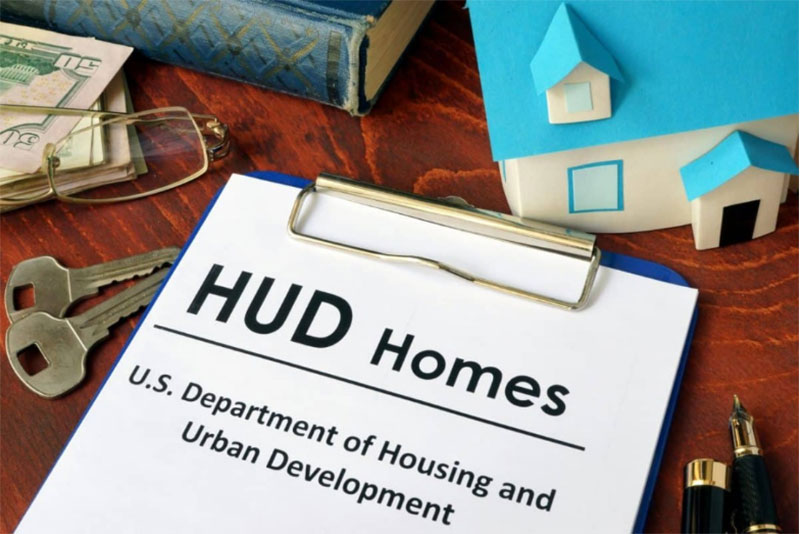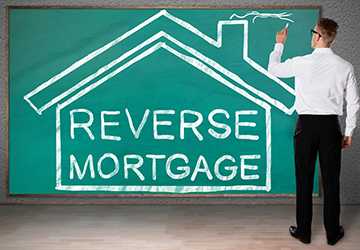All About The Good Neighbor Next Door
There is a potential that the Good Neighbor Next Door (GNND) program will appear to be too good to be true. This program may assist you in purchasing a home in an area revitalized by the United States Department of Housing and Urban Development (HUD). Homebuyers who qualify for the program can save 50 percent on the buying price of a house from HUD's inventory. It's likely that this program might be useful to you if you work in law enforcement, firefighting, EMS, or are a teacher. You must commit to living in the house for the next three years and make it your primary residence.
Requirements for Good Neighbor Next Door Houses
If you are a full-time teacher, law enforcement officer, or emergency medical technician who works for an organization, you may be eligible for this benefit.
Before placing a bid on a home available through the Good Neighbor Next Door (GNND) program, you or your spouse must not have previously bought a home through the program or owned a home within the previous year.
- Additional Requirements for Good Neighbor Next Door Houses
Confirm that you intend to keep working full-time for the following year after the purchase of your home.
You must commit to purchase the property, use it as your primary residence for three years, and provide proof annually that you are doing so.
Good Neighbor Next Door houses

Foreclosed houses now for sale are initially purchased with Good Neighbor Next Door mortgages from the Federal Housing Administration (FHA). The Federal Housing Administration insures these Good Neighbor Next Door mortgages. HUD will then become the owner of the properties and put them up for sale once the foreclosure process has been completed. All of the homes that are part of the Good Neighbor Next Door (GNND) program are situated in regions designated as "revitalization areas" to broaden the availability of homeownership choices.
HUD collaborates with the various local governments across the country to select portions of a neighborhood that need redevelopment. Even though there are numerous rehabilitation zones, only a very small number of homes are available for purchase through the Good Neighbor Next Door (GNND) program.
How Good Neighbor Next Door (GNND) Works

Only select HUD-owned properties can be purchased at a reduced price under this program; other houses on the market are not included. The previous owner of a HUD home purchased the property using an FHA mortgage, but the owner defaulted on the loan, causing the property to go into foreclosure.
Remember that when you purchase a home subject to foreclosure, you buy it in its current condition. This indicates that the item will be purchased in the state where it is currently found. If there are significant problems, you will be responsible for repairs, which might become quite costly.
Suppose you can identify a property that you are interested in purchasing. In that case, you will need to move quickly to secure it because GNND homes are only available for purchase for seven days before they are put up for auction to the general public. You will collaborate with a broker registered with HUD when submitting your bid. If more than one person places a bid for a GNND home, the winner of the purchase will be determined through a lottery.
If HUD determines that your offer is the winning one and you go through with the purchase, they will put a "silent second" lien on the property for the amount necessary to satisfy the discount. After you have made the property your primary residence for a period of three years, HUD will release its mortgage on the property. This will result in the discounted amount being returned to you as equity in the property. If you sell the property before the end of the three years, you are obligated to pay the amount of the second mortgage back to HUD.
Alternatives to Good Neighbor Next Door
It is difficult to find a better deal than a home with a list price reduced by fifty percent. However, additional services and choices are available that assist individuals in purchasing and financing homes. Here are some points to think about:
Homes for Heroes
Through the Homes for Heroes program, current and past members of the armed forces, first responders, teachers, and individuals working in the healthcare industry are eligible for discounts on various home-buying services. The program maintains a network of real estate agents, mortgage specialists, and other service providers who are able to assist with finding ways to reduce the overall cost of the closing process.
Home buying programs for teachers
The federal, state, and municipal governments, as well as some labor unions and private lenders, each offer a plethora of mortgage and down payment aid programs for teachers and other education professionals.
Down payment assistance programs
Homebuyers can find assistance with the down payment and closing costs of a house through a variety of programs offered by states, counties, and towns across the country. The assistance is provided in the form of grants, loans with lenient repayment terms, and loans with low-interest rates.
First-time home buyer programs
People who have been homeless for at least three years can qualify for a range of mortgage assistance programs offered by a number of state housing authorities. There are a few mortgage programs that are aimed squarely at helping professionals in the education, law enforcement, firefighting, and emergency medical services fields.
Homebuyer education classes
These HUD-approved seminars can be taken for free or at a reduced cost, and completion of one of them is typically required to qualify for certain types of low-cost Good Neighbor Next Door mortgages or aid with down payments. However, even before you want assistance, it might be beneficial to enroll in a class. The workshops will educate participants on various subjects, including how to enhance their credit scores, how to compare and contrast various real estate brokers and lenders, and which mortgage loan products should be prioritized.



